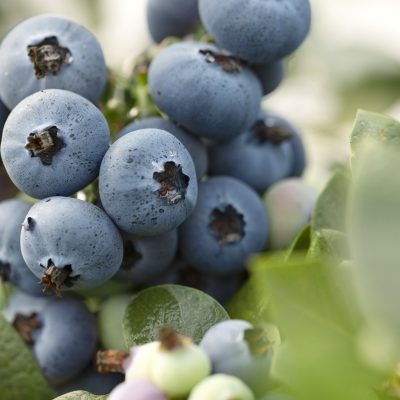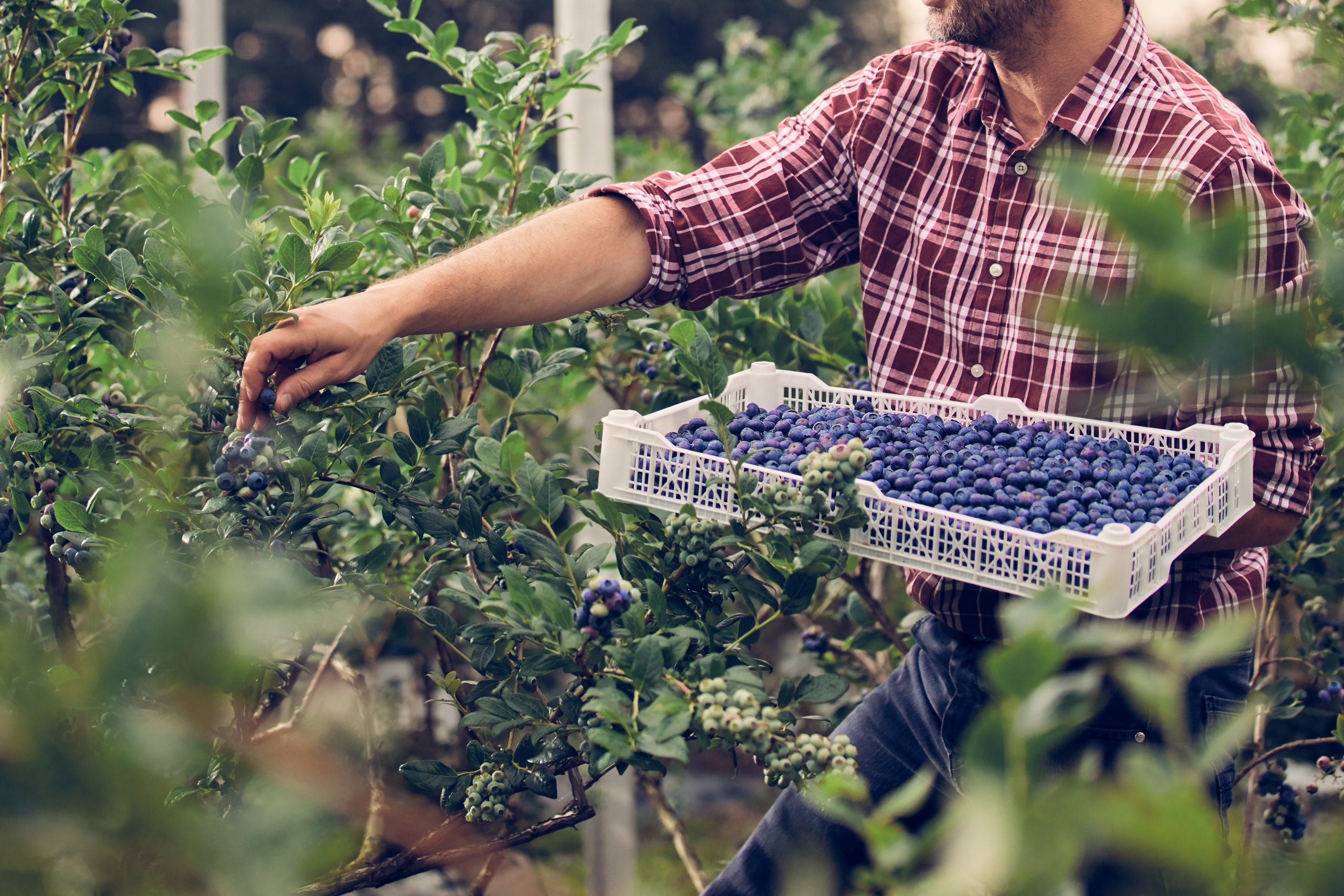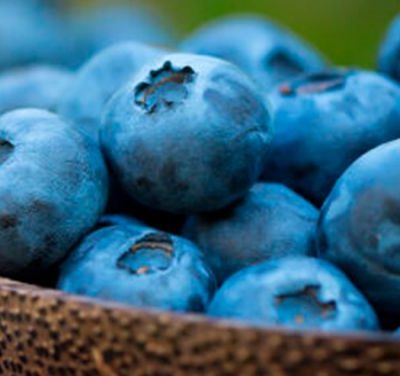Just 300 grams of blueberries protects against DNA damage in humans
An acute dose of blueberries (300 grams) was associated with an 18% decrease in DNA damage to blood cells due to oxidative stress, according to findings published in Nutrition Research.
Blueberry consumption has previously been linked to reduced risk of Alzheimer’s, and the beneficial effects of the blueberries are thought to be linked to their flavonoid content – in particular anthocyanins and flavanols. The exact way in which flavonoids affect the brain are unknown, but they have previously been shown to cross the blood brain barrier after dietary intake.
It is believed that they may exert their effects on learning and memory by enhancing existing neuronal connections, improving cellular communications and stimulating neuronal regeneration.
Previous data suggests that wild blueberries may reduce oxidative damage to DNA and decrease the risk of cardiovascular and degenerative diseases.
A study appearing in ACS’ Journal of Agricultural and Food Chemistry,found that that although there are over 600 species of blueberries and blueberry-like fruits growing in Mexico, Central and South America, two types of neotropical blueberries were extreme super fruits — they had significantly more antioxidants than a type of blueberry commonly sold in U.S. supermarkets stores. The researchers say that these neotropical blueberries “have the potential to be even more highly promising edible fruits.”
Consumer interest in blueberries and the compounds they contain has increased in recent years, following results from studies reporting a wide range of health benefits, most notably for brain health and reducing the risk of Alzheimer’s.
The beneficial effects of the blueberries are thought to be linked to their flavonoid content – in particular anthocyanins and flavanols.
“The protection against oxidative stress may be related to other bioactives absorbed, apart from anthocyanins (eg, phenolic acids, vitamin C), acting alone or synergistically,” wrote the researchers, led by Patrizia Riso from the University of Milan.
“Moreover, these compounds could have indirectly activated signaling mechanisms of defense (eg, antioxidant enzymes through gene expression modulation) even though the effect is not maintained at 2 hours.”
Study Details 300 Grams Decrease DNA Damage
The Milan-based scientists recruited ten young volunteers to participate in their randomized cross-over trial. The participants were asked to consume either 300 grams of ground blueberries or one portion of a control jelly.
Blood samples were taken before and 1, 2 and 24 hours after ingestion, and used to test for H2O2-induced DNA damage, anthocyanin absorption, and NO levels. Arterial function was also measured.
Results showed that one hour after consuming the ground blueberries H2O2-induced DNA damage was reduced by 18%, compared to control. The effects were transient, however, and no effects were observed 2 and 24 hours after consumption, said the researchers.
No effects were observed on arterial function and nitric oxide levels, they added.
“Our results suggest that blueberries did not produce any short-term protective effects in healthy subjects with uncompromised vascular function but we cannot exclude that improvements in the vascular function occur at later time points than 1 hour after a single [serving of blueberries].
“In addition, regular blueberry intake may protect against the development of vascular dysfunction in patients with cardiovascular risk factors.”
Sources:
Nutrition Research
Dr. Marianna Pochelli is a Doctor of Naturopathic Medicine specializing in the treatment of disease through superfoods and herbal strategies. She actively promotes detoxification, colon cleansing, and a vegetarian lifestyle using living foods as a platform to health.
http://preventdisease.com




